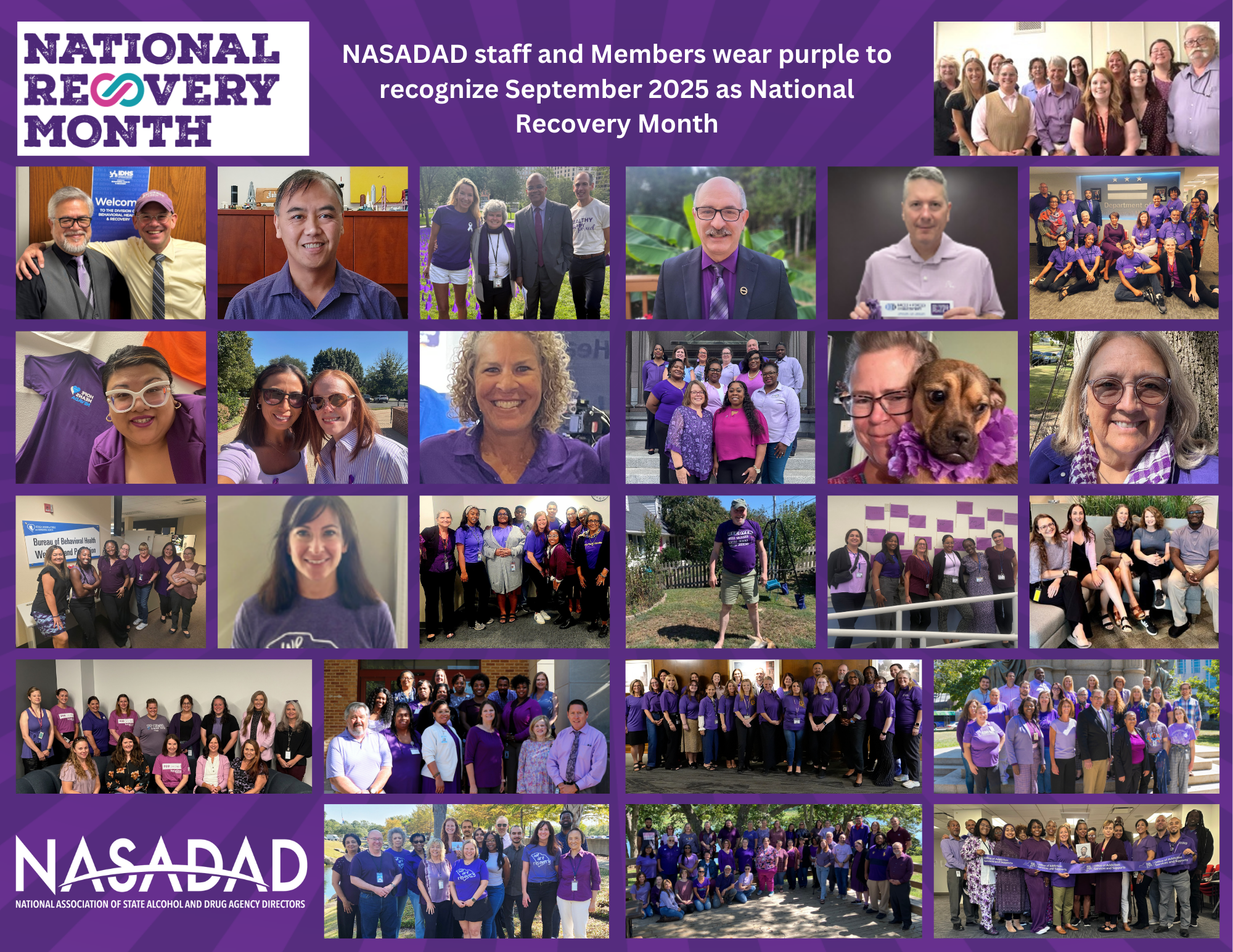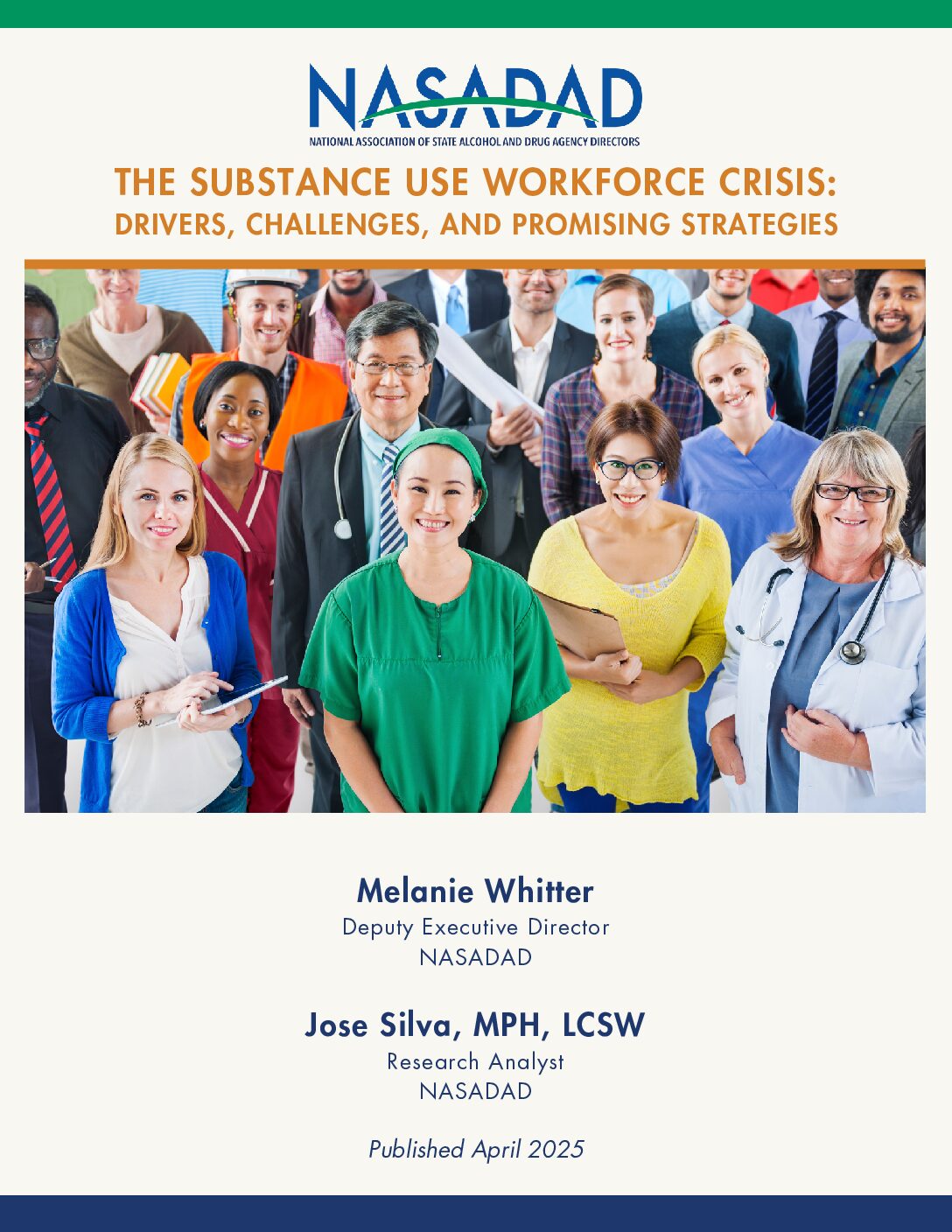Words Matter. People Matter.
Today marks a significant milestone for us at NASADAD as we proudly unveil our new name, brand, and logo—reflecting our renewed dedication to the respect and dignity of individuals and communities affected by substance use, misuse, and use disorders (SUD).
We thank you for your patience as we update our public website.
Click on the short video below to learn more!

For years, our organization’s name has included the term “Abuse”—a word that, despite its clinical roots, can unintentionally harm the very individuals we strive to help. As we move forward, we’re proud to announce a new name that better aligns with our mission: The National Association of State Alcohol and Drug Agency Directors (NASADAD).
We’re not just changing our name; we’re reaffirming our dedication to ensuring States have the resources and policies they need to empower communities, foster recovery, and uphold the dignity of every individual.
Our new logo symbolizes this transformation and embodies the core values of NASADAD.
- The blue in our logo symbolizes trust, reliability, and professionalism, essential traits as we continue to serve as a unifying voice for state agencies across the nation.
- The sharp points of the “A” letters in our logo are reminiscent of a star, symbolizing the States and our commitment to reaching the highest points of success, quality, excellence, and leadership.
- The green represents growth, while the arch symbolizes NASADAD’s role as a connector, partner, and collaborator. It also evokes the feeling of a “horizon,” signifying limitless possibilities for systems improvement and a broad vision for health and well-being.

